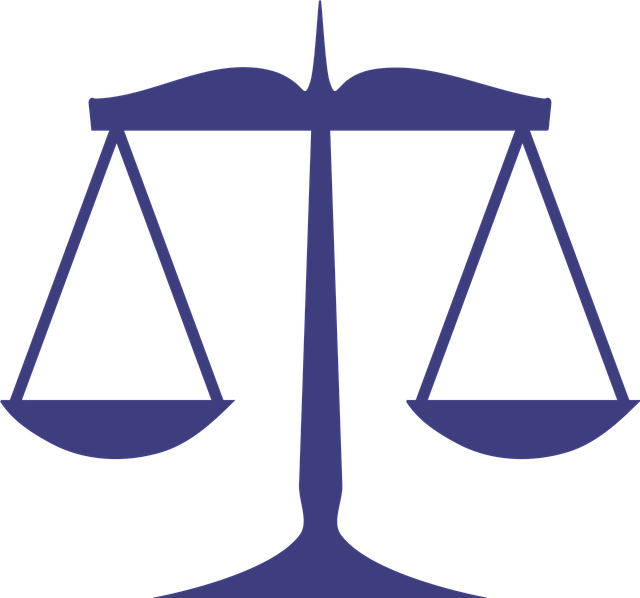Healthcare faces complex Legal Challenges in Healthcare Regulations with evolving laws on privacy, data security, clinical trials, and drug approvals. Compliance is critical to avoid penalties, license revocation, and legal repercussions. Proactive strategies including training, audits, and technological investments are essential for navigation, risk mitigation, and ethical conduct. Future trends include tech-driven regulations, public scrutiny, and alternative dispute resolution methods, requiring healthcare organizations to stay updated and adhere to shifting frameworks.
In the dynamic landscape of healthcare, regulatory compliance is no mere optional consideration but a critical non-negotiable. Navigating the complex legal terrain involves keeping pace with ever-shifting regulations that significantly impact provider operations and patient care. This article delves into the intricate web of challenges, exploring strategies to mitigate risks while shedding light on common pitfalls and their legal ramifications. Additionally, it discusses future trends shaping healthcare regulatory compliance, highlighting the essential steps to stay ahead in this evolving domain, addressing key legal challenges in healthcare regulations head-on.
- Navigating Complex Legal Landscape in Healthcare
- Understanding Ever-Changing Regulations Impacting Providers
- Mitigating Risks: Essential Compliance Strategies
- Common Pitfalls and Their Legal Ramifications
- Future Trends Shaping Healthcare Regulatory Compliance
Navigating Complex Legal Landscape in Healthcare

The healthcare industry is intricately woven with a complex web of regulations, presenting unique legal challenges for businesses and professionals within it. This intricate landscape demands a deep understanding of laws pertaining to patient privacy, data security, clinical trials, drug approvals, and many more specialized areas. Navigating these complexities is an ongoing task for healthcare providers, who must stay abreast of evolving legislation to ensure compliance and avoid costly legal repercussions.
Professionals in this sector often find themselves facing intricate legal matters, requiring the expertise of seasoned attorneys specializing in white-collar defense. By leveraging their knowledge and skills, these lawyers assist clients in deciphering regulatory requirements, developing strategies for achieving extraordinary results, and mitigating risks associated with non-compliance. They play a pivotal role in guiding healthcare organizations through this labyrinthine legal landscape, ensuring they remain steadfast in adhering to stringent regulations while safeguarding their interests.
Understanding Ever-Changing Regulations Impacting Providers

Healthcare providers must constantly navigate a complex landscape of evolving regulations, which present both opportunities and significant legal challenges. These rules cover diverse areas, from patient safety standards to data privacy laws, and are designed to ensure quality care and protect patients’ rights. However, keeping up with these ever-changing guidelines can be daunting. Non-compliance is not an option, as penalties for violations can be severe, including substantial fines and even license revocation.
The dynamic nature of healthcare regulations demands that providers stay informed about updates at every stage of the investigative and enforcement process. While some infractions may lead to a complete dismissal of all charges, especially in cases involving white-collar and economic crimes, proactive compliance is key. Regular audits, comprehensive training for staff, and investment in technology to streamline processes can help healthcare organizations meet these regulatory demands, ensuring they remain compliant while delivering quality patient care.
Mitigating Risks: Essential Compliance Strategies

Mitigating risks is a cornerstone of any robust compliance strategy, especially within the complex landscape of healthcare regulations. As legal challenges in this sector continue to evolve, organizations must be proactive in their approach. A comprehensive plan involves staying abreast of legislative changes and industry best practices, ensuring every process and procedure aligns with current standards. Regular audits and staff training are pivotal tools; they identify potential pitfalls and equip employees with the knowledge to navigate them effectively.
By implementing these strategies, entities can minimize non-compliance risks. This proactive approach not only averts legal repercussions but also fosters a culture of ethical conduct and patient safety. Moreover, it empowers organizations to navigate the intricate web of regulatory requirements, ultimately enhancing their ability to win challenging defense verdicts and avoid indictment during any investigative and enforcement process.
Common Pitfalls and Their Legal Ramifications

Navigating regulatory compliance can be a complex task for healthcare organizations, often leading to common pitfalls that present significant legal challenges. One of the primary issues is non-compliance with intricate laws and regulations designed to protect patients and ensure ethical practices. These mistakes can range from documentation errors to failure in implementing required safety protocols, resulting in administrative penalties and even civil lawsuits.
The consequences of such lapses can be severe, particularly in cases involving white-collar and economic crimes. Accusations of fraud, negligence, or non-adherence to industry standards may lead to substantial financial fines, damage to organizational reputation, and, in extreme scenarios, a general criminal defense strategy aimed at securing a complete dismissal of all charges. Organizations must remain vigilant, consistently update their compliance strategies, and foster a culture of adherence to regulatory frameworks to mitigate these legal risks.
Future Trends Shaping Healthcare Regulatory Compliance

The future of healthcare regulatory compliance is shaped by a confluence of technological advancements and evolving legal landscapes. As digital health solutions gain traction, regulators must grapple with issues like data privacy, cybersecurity, and the ethical use of artificial intelligence. These challenges necessitate a dynamic approach where technology complements compliance efforts, ensuring patient safety and data integrity.
Legal challenges in healthcare regulations extend beyond technical barriers. Philanthropic and political communities are increasingly scrutinizing healthcare practices, pushing for transparency and accountability. This shift towards public oversight may alter traditional legal frameworks, impacting not just corporate entities but also individual practitioners. While jury trials have historically been a cornerstone of resolving disputes, emerging trends suggest a growing preference for alternative dispute resolution methods, potentially streamlining compliance processes and fostering more efficient resolutions to regulatory conflicts.
Healthcare providers must stay agile in navigating the dynamic regulatory landscape to avoid legal challenges. By understanding evolving rules, implementing robust compliance strategies, and learning from common pitfalls, organizations can mitigate risks and ensure they remain in sync with legal requirements. As the industry continues to evolve, staying informed and proactive will be key to successful regulatory compliance in healthcare.






